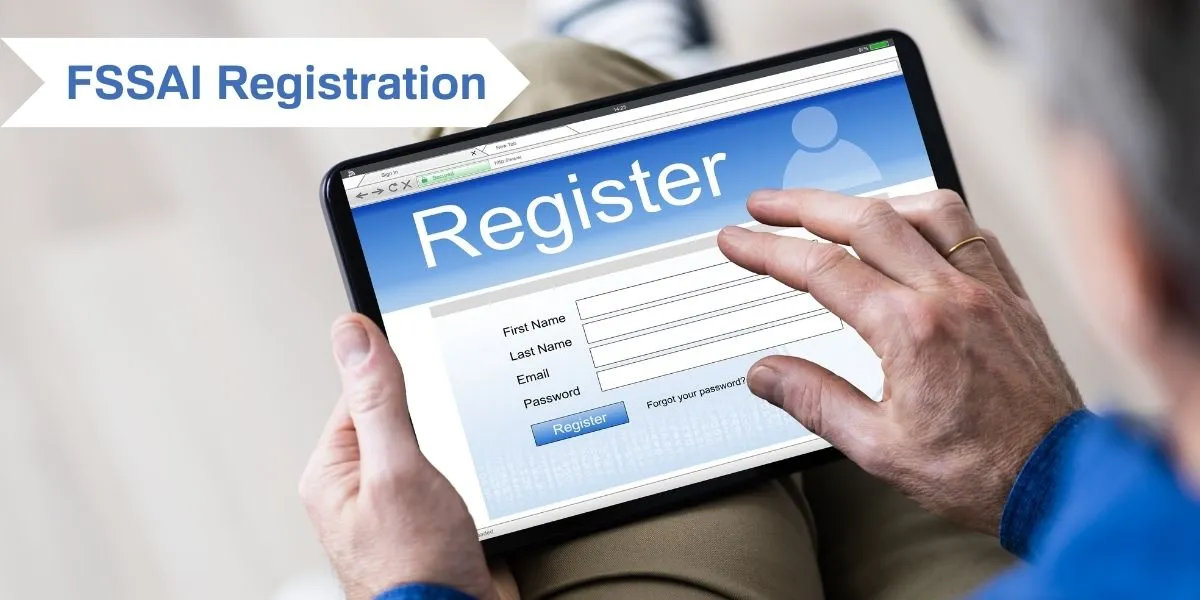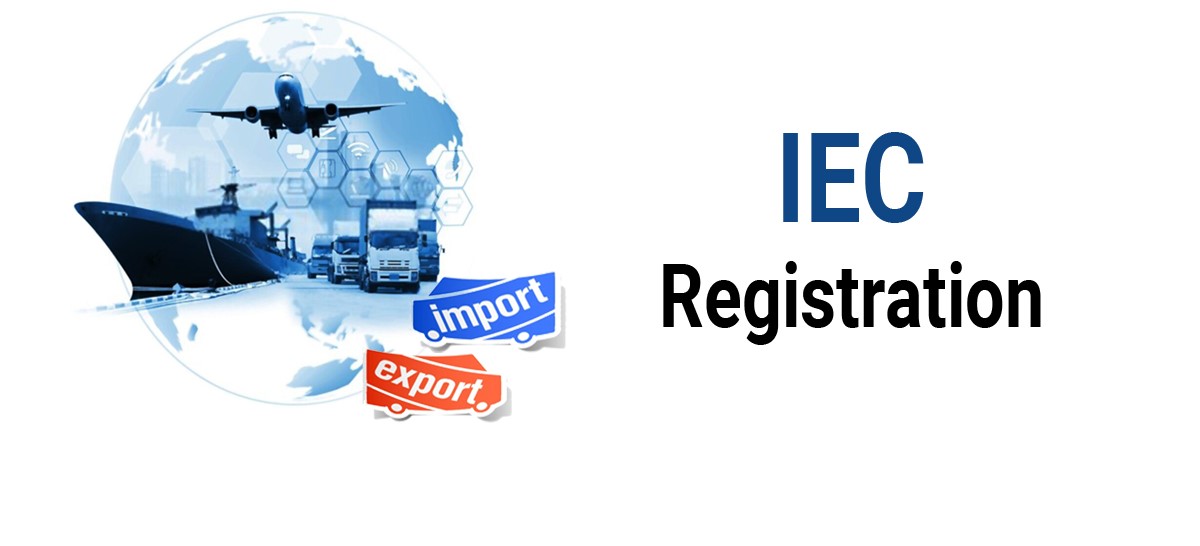Complete Guide to FSSAI Registration in India: Process, Documents & Benefits
Why FSSAI registration matters?
India’s food sector is enormous – an incredibly fast-moving industry, amounting to one of the biggest industries in the world, substantially contributing to employment, GDP, and exports.
To ensure public health, consumer safety, and build consumer trust, every food business operating in India, big or small, must register or obtain a license from the Food Safety and Standards Authority of India (FSSAI). FSSAI registration is more than a legal requirement to operate a food business; it’s a symbol of quality, safety, and credibility in the eyes of both customers and regulatory bodies.
In this 2025 resource guide, we’ll cover everything you need to know about FSSAI Registration in India - including its importance, eligibility criteria, step-by-step application process, required documents, key benefits, and how One-Startup can help make the process seamless and stress-free.
What Is FSSAI?
The Food Safety and Standards Authority of India is an autonomous statutory organization established under the provisions of the Food Safety and Standards Act,2006. The FSSAI functions under the Ministry of Health & Family Welfare, Government of India.
The FSSAI primarily oversees the safety, hygiene, and quality standards of foods produced, distributed, stored, sold, or imported in India. Its role is to ensure that consumers can trust that the food and drinks they purchase are safe to consume, based on scientifically established safety limits to protect health. Additionally, FSSAI offers detailed guidelines for food manufacturing, packaging, labeling, and distribution. All food business operators (FBOs) in India must obtain necessary registration or licenses, which vary depending on the size and type of their business.
Who Needs It?
FSSAI registration or license is mandatory before starting the operations, regardless of whether you run a small bakery, restaurant, food processing unit, cloud kitchen, or a big food manufacturing entity. Here is the detailed list.
Re-packers and re-labelers
Retailers and Wholesalers
Exporters and importers
Distributors and suppliers
Online food aggregates and delivery platform
Storage and warehouse units
Types of FSSAI Registration
Depending on the scale, annual turnover, and category of operations of your business, FSSAI issues various types of registration and licenses.
Type
Annual Turnover Criteria
Issued By
Basic FSSAI Registration
Up to ₹12 lakh
Local FSSAI Authority
State FSSAI License
₹12 lakh to ₹20 crore
State FSSAI Authority
Central FSSAI License
Above ₹20 crore or import/export business
Central FSSAI Authority
Required Documents for FSSAI Registration in India
Identity & Address proof of the proprietor/partner/directors
Photographs
Constitution documents of the business
Proof of business premises
Food safety management plan (Applicable only)
List of Food Products to be dealt with
Import Export Code (IEC) for import/export businesses
No Objection Certificate (NOC)from the local municipality/panchayat (if applicable)
Step-by-Step Registration Process
The process of FSSAI registration and licensing is now online through the FoSCoS portal. Here are the steps involved in registering for FSSAI for your food business in 2025 and the details of the application process:
Step 1: Find out what type of FSSAI Registration/License your business needs
The first step is to determine which category of FSSAI registration or license your food business requires. This will depend on your annual turnover, scale of operations, and business type
Basic FSSAI Registration: If your annual turnover is up to ₹12 lakh
State FSSAI License: If your turnover is between ₹12 lakh and ₹20 Crore.
Central FSSAI License: If your turnover exceeds ₹20 crore, or for businesses engaged in import/export or operating in multiple states.
Tip: If you’re unsure, consult with One-Startup’s business experts, who can assess your business type and turnover and recommend the right license category.
Step 2: Prepare the Required Documents
Once you know your eligibility, gather all necessary documents based on the license type you’re applying for.
Step 3: Create an Account on FoSCoS Portal
Visit the official FoSCoS FSSAI portal to begin your application process
Click on ‘Sign Up’ to create a user profile using your email ID and mobile number
Verify your email and finish signing up
Sign in with your information
Step 4: Complete the FSSAI registration application once logged in:
Choose ‘Apply for New Registration/License’
Select your State, Kind of Business, and License category(Basic/State/Central)
Then fill in your business details:
Business name and address
Contact details
Food product details
Constitution type (Proprietorship, Partnership, Pvt Ltd, LLP)
Date Started
No. of Employees
Turnover details
Upload scanned copies of all the requested documents in the required file format and size
Step 5: Pay the Applicable Government Fees
The fee amount requested is based on your business status and license category team
Basic Registration - ₹100 per annum
State License - ₹2000 - ₹5,000 per annum (depending on business activity)
Central License - ₹7,500 per annum
Payments for FSSAI registration can be conveniently completed online via the FoSCoS portal through net banking, debit card, or UPI options
Step 6: Application Assessment and Revision (inspection may be required)
When you submit your application
The FSSAI authority will assess your application and documents.
For both State and Central License, a food safety officer may audit your premises to check for compliance with hygiene and safety.
When all is fine, your application will be carried on to approval.
Step 7: Issuance of FSSAI License or Registration Certificate. When FSSAI approves your application
A 14-digit license/registration number assigned
You can now download the FSSAI certificate directly from your FoSCoS user account.
You must display the number at your business premises and print it on all product labels/packaging.
The application processing times are as follows:
Basic registration: 7 working days.
State License: 15-30 working days.
Central License: 30-60 working days.
Tip: One-Startup can complete the FSSAI Registration for you, and make the entire process quicker, easier, transparent, and hassle-free. You can click
Benefits of FSSAI Registration
There are numerous benefits to FASSI registration for business owners. Here, we have highlighted the main advantages that can help you multitask effectively.
Legal Compliance – Follow government regulations to avoid hefty fines and the risk of closure.
Customer Credibility & Trust – Enhance customer confidence and strengthen brand reputation.
Business expansion involves applying for export permits, loans, and government tenders.
Marketing Benefits - Using the FSSAI logo boosts the marketability of products.
Easy Operations - Regulatory inspections are smoother, and legal procedures become simpler.
Common Mistakes When Registering with FSSAI
Avoid making these common errors during FSSAI registration, such as:
Applying under the wrong license category.
Submitting documents that are inaccurate or lacking
Delaying license renewal before it expires
The FSSAI license number is not displayed on the premises or packaging
Conclusion
FSSAI registration is more than a legal necessity—it’s a mark of safety, quality, and trust that sets your food business apart. In a highly regulated and competitive market, timely compliance not only protects you from penalties but also builds lasting customer confidence.
With One-Startup as your trusted compliance partner, you can avoid paperwork delays and registration hassles. We handle everything—from documentation and application filing to follow-ups and updates—so you stay focused on growing your business.
Contact us today to get your FSSAI registration done right—the fast, affordable, and reliable way.
Your food. Your brand. Fully compliant.
Bibliography
Food Safety and Standards Authority of India (FSSAI) — Official Websitehttps://www.fssai.gov.in
FoSCoS — Food Safety Compliance System (Online FSSAI Licensing Portal)https://foscos.fssai.gov.in
Food Safety and Standards Act, 2006 — Legal Frameworkhttps://www.fssai.gov.in/cms/food-safety-and-standards-act-2006.php
Ministry of Health & Family Welfare, Government of Indiahttps://main.mohfw.gov.in
Union Budget 2025 — FSSAI Licensing & Compliance Updateshttps://www.indiabudget.gov.in


